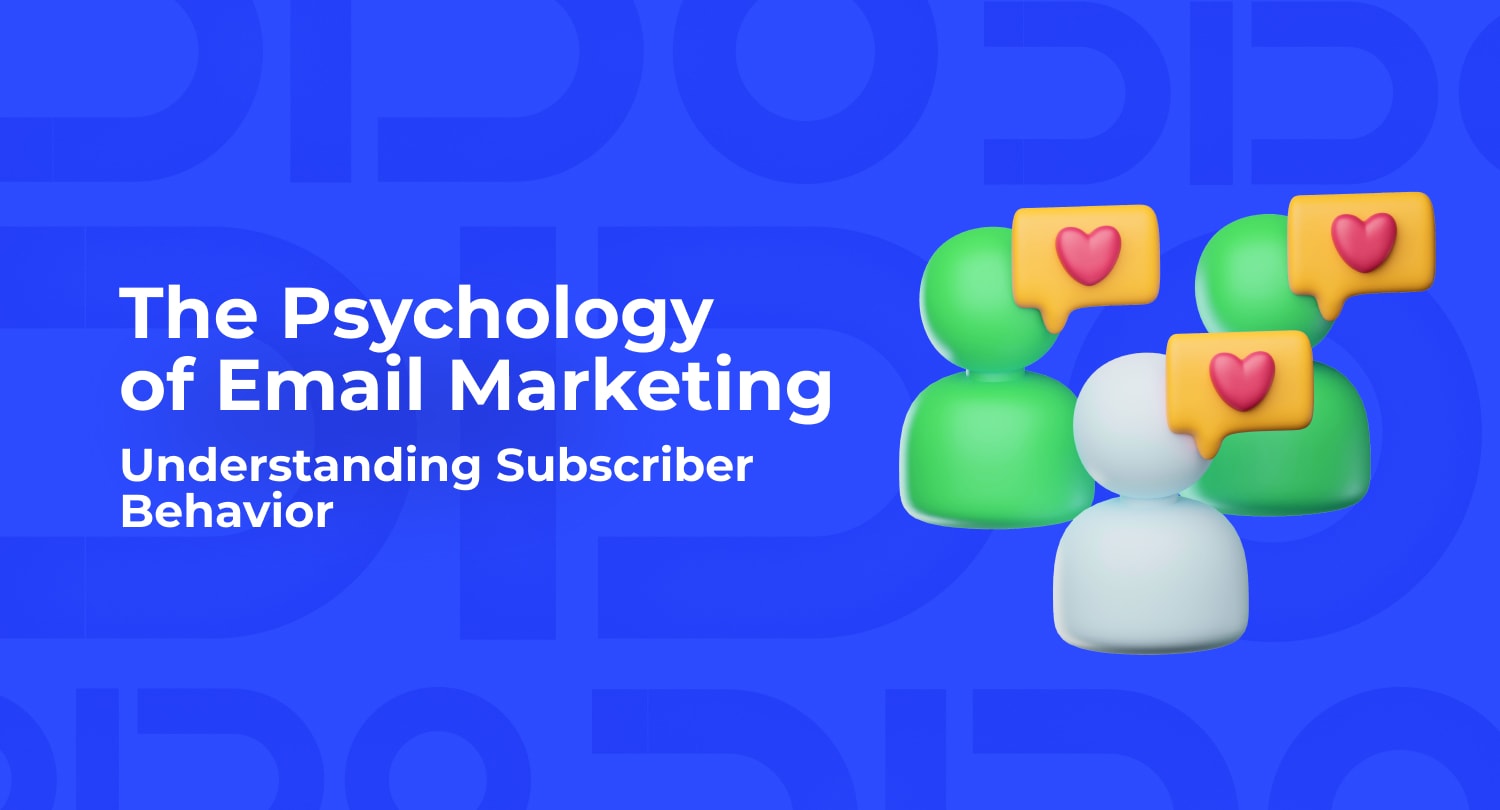When you think of “email marketing,” do you also think of psychology?
Many people don’t… but eCommerce business owners (and email marketers) definitely should!
From crafting campaigns your audience will love to strategies that drive specific actions, every decision in email marketing is influenced by psychology, whether you know it or not!
Strengthening your understanding of psychology — and consumer psychology, specifically — is a great way to bolster your email marketing efforts and improve your strategy with new, psychology-forward thinking.
But, before you can start making strategic changes guided by consumer psychology…
You need to know what it is, first!

What is Consumer Psychology?
According to the University of Southern California, “[consumer] psychology examines consumers’ perceptions, beliefs, feelings and thoughts and considers all of them when examining purchasing behavior.”
Consumer psychology can be further broken down into topics like:
■ What motivates consumers to choose a product
■ How personal traits or factors influence purchases
■ The emotions that influence consumer decisions
■ How consumers choose which businesses to buy from
■ What influences consumers to make certain purchases
…and that’s why consumer psychology is important for eCommerce businesses to explore!
When you know the “why” behind your consumers’ purchasing decisions, you can better understand how to position yourself as the solution to their wants and needs. Then, through email marketing, you can explore other facets of consumer psychology such as social influence, emotions, and/or brand differentiators.
Consumer Psychology in Email Marketing
So, now you know what consumer psychology is and why it matters to email marketers. But what does the application of those concepts look like in practice?
Here are 3 examples of email marketing concepts rooted in consumer psychology (and you’re probably already familiar with most of them!).
1. Social Proof Email (Concept: Influence)
Social proof — a psychological term coined by Dr. Robert Cialdini in the 1980s — is one of the most effective concepts in email marketing.
Social proof is based on the simple concept of influence; people are more likely to do something because someone they look up to or trust did that same thing first. This is why it’s smart to share social proof like testimonials, reviews, and/or celebrity endorsements in your email marketing. One impactful review can be the difference between a new purchase and an abandoned cart!
2. Welcome Sequences (Concept: Familiarity)
Working to increase your consumer’s familiarity and comfort with your brand is another way to leverage psychology in your email strategy.
The mere exposure effect suggests that people prefer things they’re familiar with (like trying a new restaurant but ordering the same thing you always do). In email marketing, welcome sequences are a great way to explore the Mere Exposure Effect. Sending multiple Welcome emails reiterating your brand’s core concept and messages will acquaint your new subscribers in no time, while also turning your brand into a familiar one.
3. Limited Time Offers (Concept: Scarcity)
In social psychology, the scarcity principle suggests that people place a higher value on goods and services that are in short supply.
The same concept applies to consumers wanting to buy from or engage with you. Promoting scarcity in your email marketing — like with a limited-time offer — creates a fear of missing out (or FOMO). And, when consumers experience FOMO, they’re compelled to make a fast decision. Act now to get the same deal as everyone else? Or miss out? With scarcity (and FOMO… it’s always the former.
Wrap Up
Effective email marketing goes beyond catchy subject lines and flashy designs. It’s about understanding the nuances that drive consumer behavior — the psychology behind the actions.
By exploring principles of consumer psychology – and using them to guide your email marketing strategy – you can create email campaigns that better resonate with your audience, driving the engagement and conversions you’re working hard to see.
